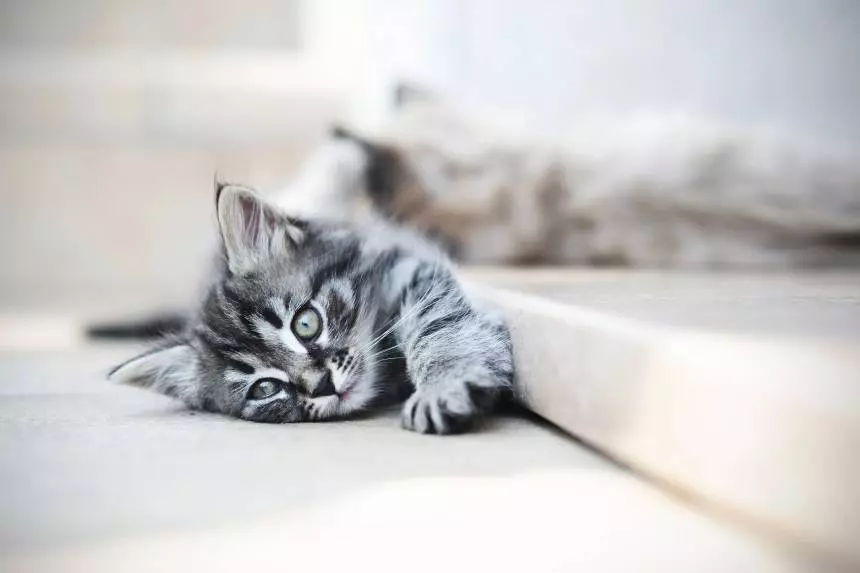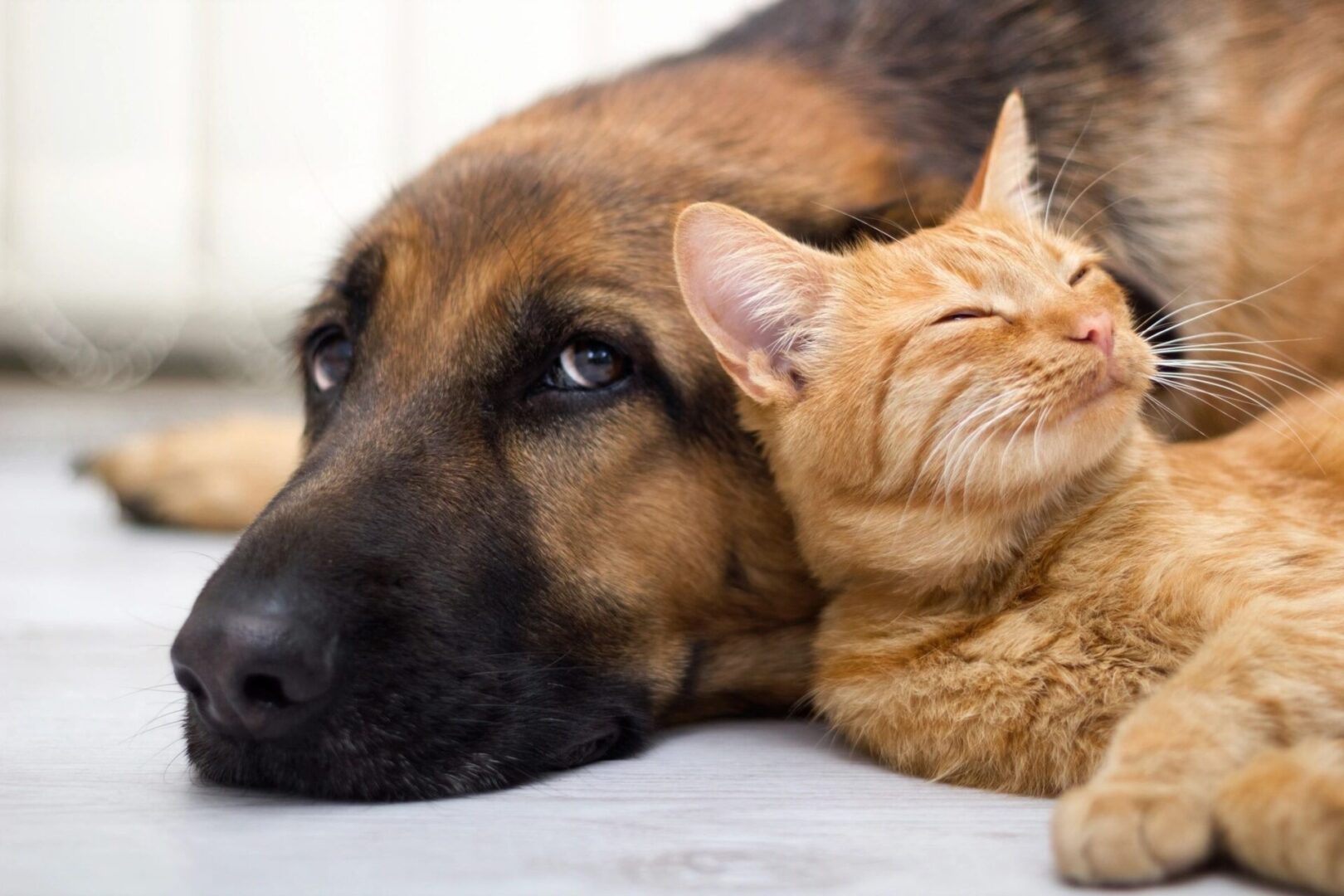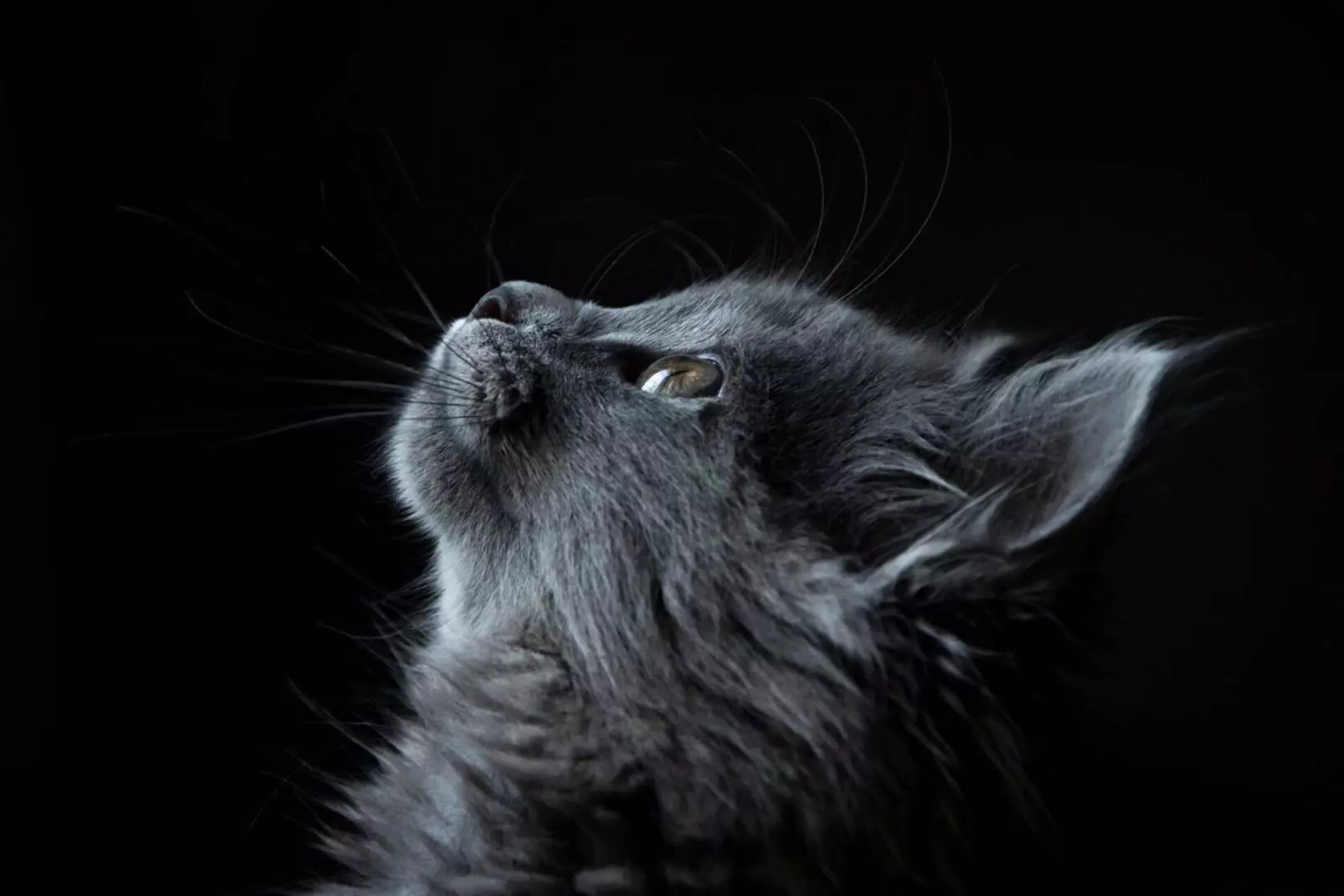How Do I Know It’s Time?

Our Experience Helps Your Decision
Making the decision to euthanize one's pet is painful, heartbreaking, and often the hardest choice for a pet owner. Through the past 21 years, I have helped hundreds of families through this decision-making process. There are no right or wrong answers, and there is no "perfect" time.
Making the Hardest Choice
When I was an emergency/critical care resident, I had to make this decision for my cat, Midnight, who had both hyperthyroidism and chronic renal failure. I had always hoped that he would pass away in his sleep, and I would come home to find him curled up on my bed. This was not the case. I came home from my night shift and found him in the same spot he had been in when I left 15 hours before. He had barely touched his food and was too weak to walk to the litter box. When he didn't lift his head when I arrived home, I knew it was time. For Midnight, my decision was an easy one. For some pets, it may not be as clear. Below are the criteria I often recommend my clients take into account when making their decisions.
-Dr. Jenny
Things to Consider Regarding Your Pet
Is My Pet Happy?
Does your pet enjoy the things she/he used to? I don't expect older pets to walk as far as they used to, run as fast, or play as much as when they were younger. As pets age, it is common for them to slow down. If they still enjoy walks, being with the family, socializing, and your affection, they still often have a good quality of life. For pets that refuse to participate in what they used to enjoy, seclude themselves away from the family, or do not want to be touched, they may have a severe underlying condition or pain.


How Do I Know If My Pet Is In Pain?
By nature, most pets are very good at hiding pain. Even though we have domesticated our fuzzy friends, the tendency to hide illness from others is still ingrained. Common signs of pain are hiding, lameness, difficulty getting up and down, restlessness, not sleeping well, excessive panting, not eating, relieving bowels in the home or where the pet is laying down. Some pets will guard an area or try to bite when touched or picked up.
Others compulsively lick at a wound or joint. If you believe your pet is painful and he/she is not currently under care for pain, please consult with your pet's regular veterinarian for an exam and pain management options. There are some cases where the pet is on pain medication, and either it is not effective, or the pet has undesired side effects from the medications. In these cases, uncontrolled pain is a significant criterion for euthanasia.
Mobility
Mobility plays a significant role in our large breed dogs. As they age, larger dogs may develop arthritis or spinal disease, making it difficult for them to get up from the floor. They slip on slick surfaces and may fall in uncomfortable positions. Large dogs may be too heavy for owners to pick up and help outside so that they may relieve themselves. When these gentle giants have trouble at home, it is also difficult to bring them into the veterinarian's office for euthanasia. It can be difficult to get them into a car and across the hospital floor.
Loss of Housebreaking
Pets may urinate and defecate in the home for numerous reasons. Pain or inability to get to the litterbox or the door. Disease conditions or medications may cause the pet to drink more and produce more urine. The pet may leak urine or not be able to make it through the night and have accidents. In some cases, the pets will defecate or urinate and not move away, leading to skin infections.
Respiratory Difficulty
It is normal for dogs to pant when excited, exercising, or if they are warm. It is not common for pets to pant excessively at rest or have trouble sleeping because of difficulty breathing. Cat does not pant unless extremely stressed. Open mouth breathing or panting are signs of severe respiratory distress in cats.
Eating and Drinking/Uncontrollable Vomiting, Diarrhea
Medical conditions may cause the pet to exhibit nausea, affecting the pet's ability to eat and stay hydrated. If the pet cannot consume enough calories or water, he/she slowly wastes away and becomes progressively weaker. Vomiting and diarrhea lead to loss of fluids and nutrients. Other conditions, such as cancer, also rob the pet of nutrients and cannot maintain weight.
Eating and Drinking / Uncontrollable Vomiting, Diarrhea
Medical conditions may cause the pet to exhibit nausea, affecting the pet's ability to eat and stay hydrated. If the pet cannot consume enough calories or water, he/she slowly wastes away and becomes progressively weaker. Vomiting and diarrhea lead to loss of fluids and nutrients. Other conditions, such as cancer, also rob the pet of nutrients and cannot maintain weight.

Severe behavioral disorders
Common behavioral disorders such as aggression or separation anxiety may pose a physical risk to family members, friends, other animals, or the pet itself. Some cases may be so severe that behavioral counseling and medical management are unable to help the pet be a safe addition to the home.
Stress and Financial Hardship
Pet owners love their pets. It can be a daily strain to watch a pet in pain, not eat, not be able to walk, etc. The stress of caring for a pet or the responsibility of managing medical care financially can wear on a family. There can come a time where the joy and companionship of owning a pet are lost and replaced by sadness. For some families, the pet's condition has a negative effect on young children, or the pet may be snapping at them when approached.


More Bad Days than Good Days
In general, if an owner truly believes that the pet is having more bad days than good days, it may be time to consider euthanasia. If the last thought a pet owner has before bedtime is that they hope their pet passes in their sleep during the night, it may be time.